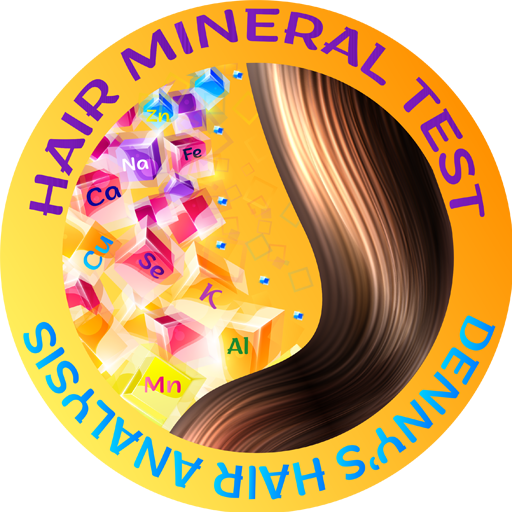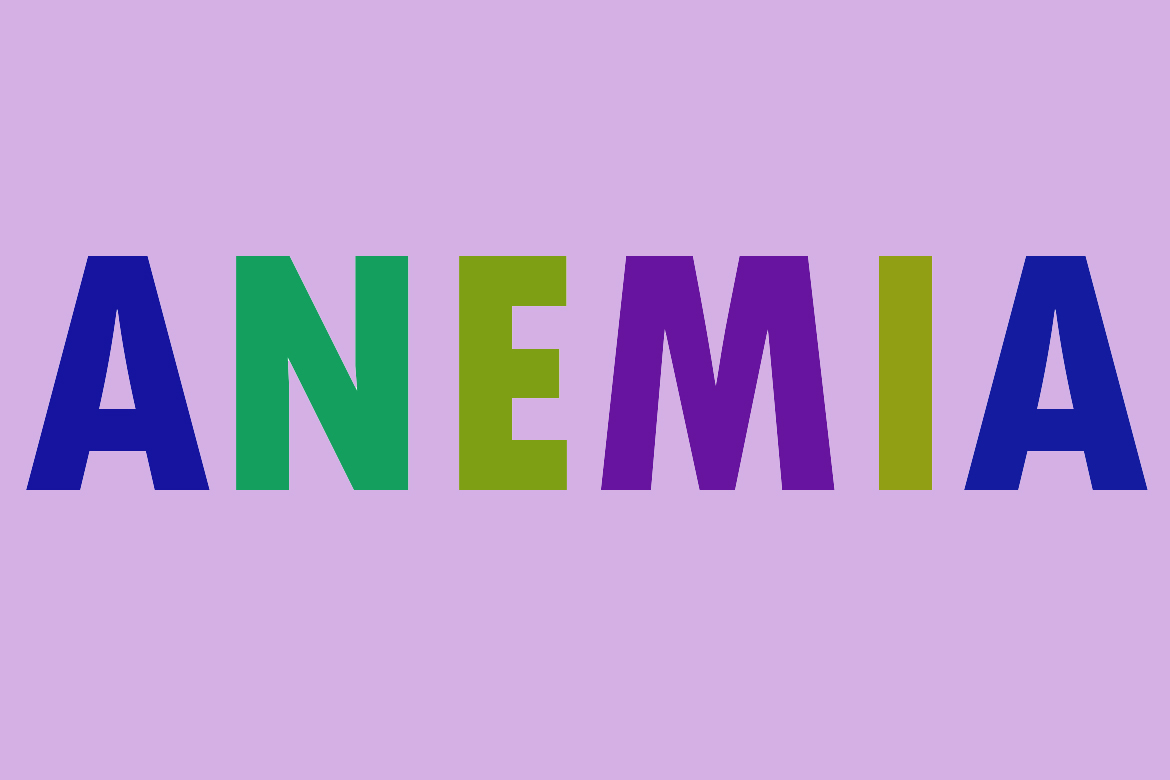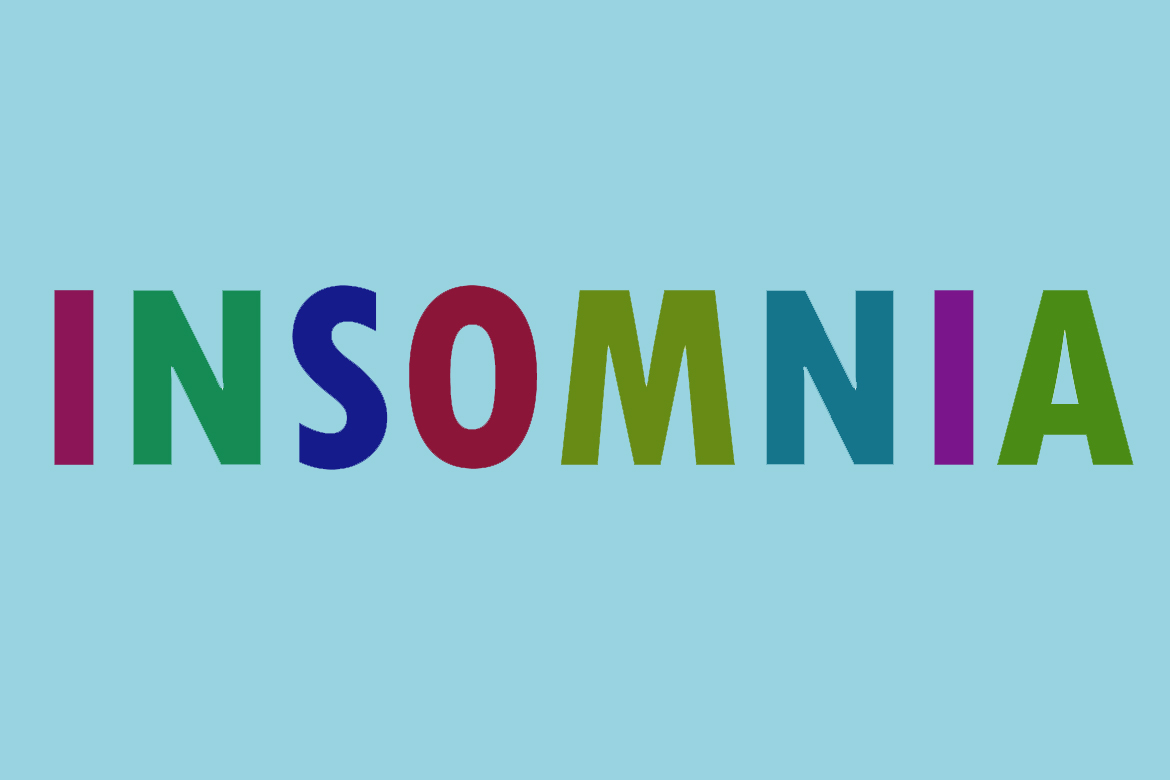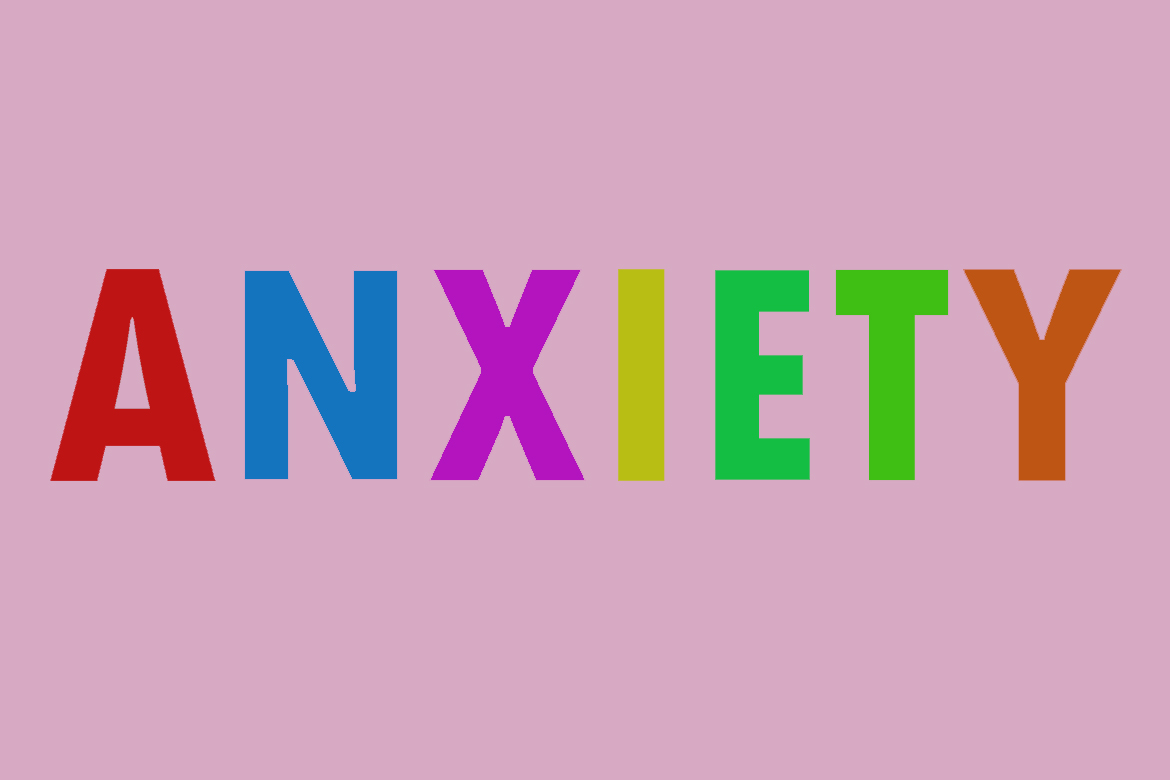The hypothalamus is a small region of the brain. It’s located at the base of the brain, near the pituitary gland. The hypothalamus acts as the connector between the endocrine and nervous systems to achieve this. It plays a part in many essential functions of the body such as:
• body temperature
• thirst
• appetite and weight control
• emotions
• sleep cycles
• sex drive
• childbirth
• blood pressure and heart rate
• production of digestive juices
• balancing bodily fluids
Together, the hypothalamus and pituitary gland control many of the glands that produce hormones of the body, called the endocrine system. This includes the adrenal cortex, gonads, and thyroid.
Hormones secreted by the hypothalamus include:
• antidiuretic hormone, which increases how much water is absorbed into the blood by the kidneys
• corticotropin-releasing hormone, which helps regulate metabolism and immune response by working with the pituitary gland and adrenal gland to release certain steroids
• gonadotropin-releasing hormone, which instructs the pituitary gland to release more hormones that keep the sexual organs working
• oxytocin, a hormone involved in several processes, including the release of a mother’s breast milk, moderating body temperature, and regulating sleep cycles
• prolactin-controlling hormones, which tell the pituitary gland to either start or stop breast milk production in lactating mothers
• thyrotropin-releasing hormone activates the thyroid, which releases the hormones that regulate metabolism, energy levels, and developmental growth
The hypothalamus also directly influences growth hormones. It commands the pituitary gland to either increase or decrease their presence in the body, which is essential for both growing children and fully developed adults.
When the hypothalamus is not working properly, it can cause problems in the body that lead to a wide range of rare disorders. Maintaining hypothalamic health is vital because of this.
How do you fix a hypothalamus?
Imbalance of hypothalamic function is one of the main causes of many diseases appearing in our bodies.
That’s why we recommend using Genesis Gold® and Sacred Seven for people who need extra hypothalamic support.While Genesis Gold® and Sacred Seven® are both designed to balance your hypothalamus, when taken together they optimize your healing potential.
Genesis Gold
Genesis Gold® provides the foundational nutrition and adaptogenic herbs to support the thyroid, adrenals, gonads, immune system and proper glucose metabolism. This helps your cells create more energy.
Genesis Gold® helps your hormones get into your cells by enhancing cell receptor site activity. This is critical for healing the miscommunication of Hormonally Challenged conditions like adrenal fatigue, hypothyroidism, premenstrual syndrome, perimenopause, andropause, menopause, infertility, and insulin resistance.
• Keeps Hormones In Harmony
Genesis Gold® has a special hypothalamic amino acid blend designed to balance your adrenal, thyroid, and sex hormones.
• Enhances Energy Production
Genesis Gold® provides phytonutrients to increase mitochondrial energy production which optimizes your basal metabolic rate.
• Optimizes Immune Function
Genesis Gold® provides phytonutrients to help your body fight off infection, decrease hypersensitivity and allergy reactions and suppress autoimmunity.
• Supports Healthy Digestion
Genesis Gold® formula has digestive aids including enzymes and broad spectrum probiotics to help you better digest and absorb nutrients from food.
• Balances Brain Chemistry
Genesis Gold® provides amino acids and phytonutrients to stabilize moods, deepen sleep, enhance memory, improve focus and concentration.
•Improves Detoxification
Genesis Gold® provides phytonutrients to enhance detoxification pathways in your liver, kidneys, and cells.
Sacred Seven is the only amino acid blend designed specifically to support the hypothalamus. It’s at the heart of Genesis Gold® and is also bottled separately for those who need additional support.
Sacred Seven® hastens the healing of your hypothalamus. But is not enough to heal you without Genesis Gold® to provide all the micronutrients you need to balance your entire neuro-immune-endocrine system.
Balancing your hypothalamus takes time. The difference between the Sacred Seven® amino acids and other free form amino acids is the ratio of each individual amino acid.
Free form amino acids usually mimic the ratio of what is found in protein rich foods and are recommended if you do not get enough protein. They do not affect Hypothalamic function. Adjusting ratios changes the effects of the amino acids.
Once your hypothalamus gets what it needs, it’ll start focusing on what needs to be healed first. Not always what you feel ails you the most. For instance, you might be fatigued and just want more energy. But your hypothalamus needs a clean house first. So it uses the phytonutrients in Genesis Gold® to detoxify your body – your liver, your colon, your kidneys, your cells. Before increasing your energy production.
Otherwise it’s like revving up your engine without cleaning out the exhaust pipe. So you might feel worse before you feel better. But it’s worth it because you’re healing from the inside out, naturally. Giving your body what it needs to correct the imbalances. Giving your hypothalamus what it needs to improve communication between all your body systems, even with your DNA.
Be patient. You didn’t get sick overnight. It takes time to heal.
But if you support your hypothalamus with Genesis Gold® and Sacred Seven you’ll be helping it heal you from the inside out naturally.



 (4 votes, average: 4.25 out of 5)
(4 votes, average: 4.25 out of 5)





